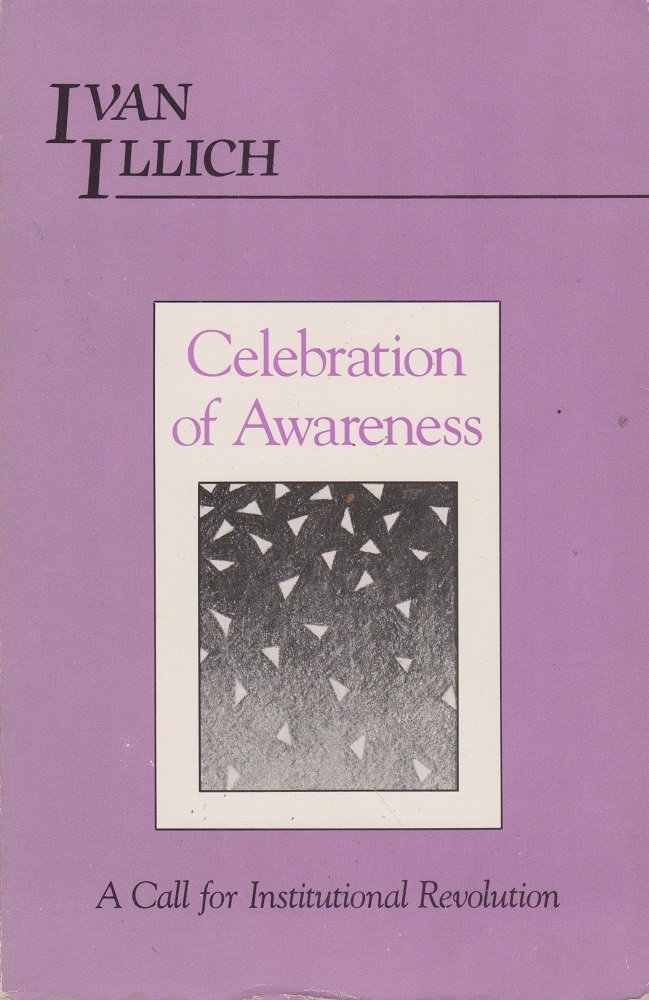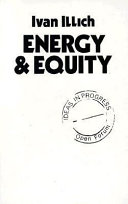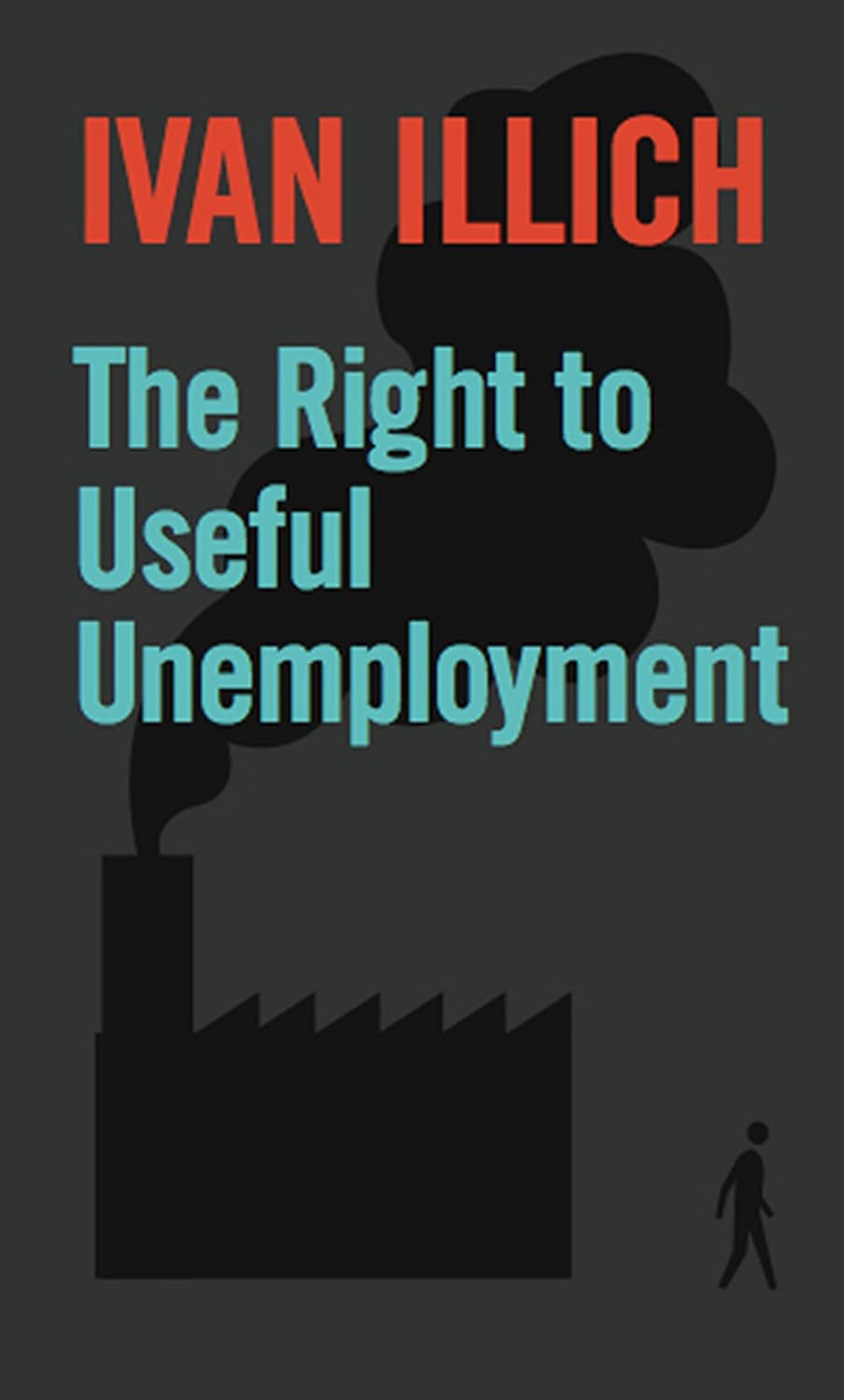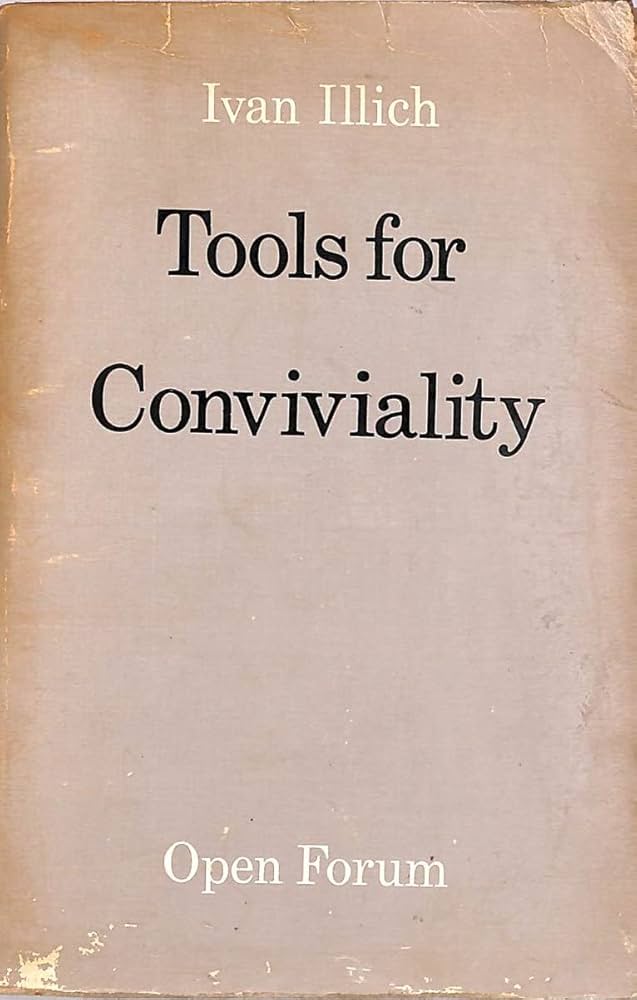As a formidable critic of some of society's most cherished institutions, such as compulsory education and organised religion, Ivan Illich has attracted world attention. His commitment to a radical humanism against conventional institutions and esatablished ideas of social virtue make for compelling, and convincing, reading. This book brings together for the first time many of his lectures and articles bearing out Illich's invigorating challanges to the status quo.
In this essay, Illich examines the question of whether or not humans need any more energy than is their natural birthright. Along the way he gives a startling analysis of the marginal disutility of tools. After a certain point, that is, more energy gives negative returns. For example, moving around causes loss of time proportional to the amount of energy which is poured into the transport system, so that the speed of the fastest traveller correlates inversely to the equality as well as freedom of the median traveller.
In this political essay, Ivan Illich calls for the right to useful unemployment: a positive, constructive, and even optimistic concept dealing with that activity by which people are useful to themselves and others outside the production of commodities for the market.
Tools for Conviviality is a 1973 book by Ivan Illich about the proper use of technology. It was published only two years after his previous book Deschooling Society. In this new work Illich generalized the themes that he had previously applied to the field of education: the institutionalization of specialized knowledge, the dominant role of technocratic elites in industrial society, and the need to develop new instruments for the reconquest of practical knowledge by the average citizen. He wrote that "[e]lite professional groups … have come to exert a 'radical monopoly' on such basic human activities as health, agriculture, home-building, and learning, leading to a 'war on subsistence' that robs peasant societies of their vital skills and know-how. The result of much economic development is very often not human flourishing but 'modernized poverty', dependency, and an out-of-control system in which the humans become worn-down mechanical parts." Illich proposed that we should "invert the present deep structure of tools" in order to "give people tools that guarantee their right to work with independent efficiency."




